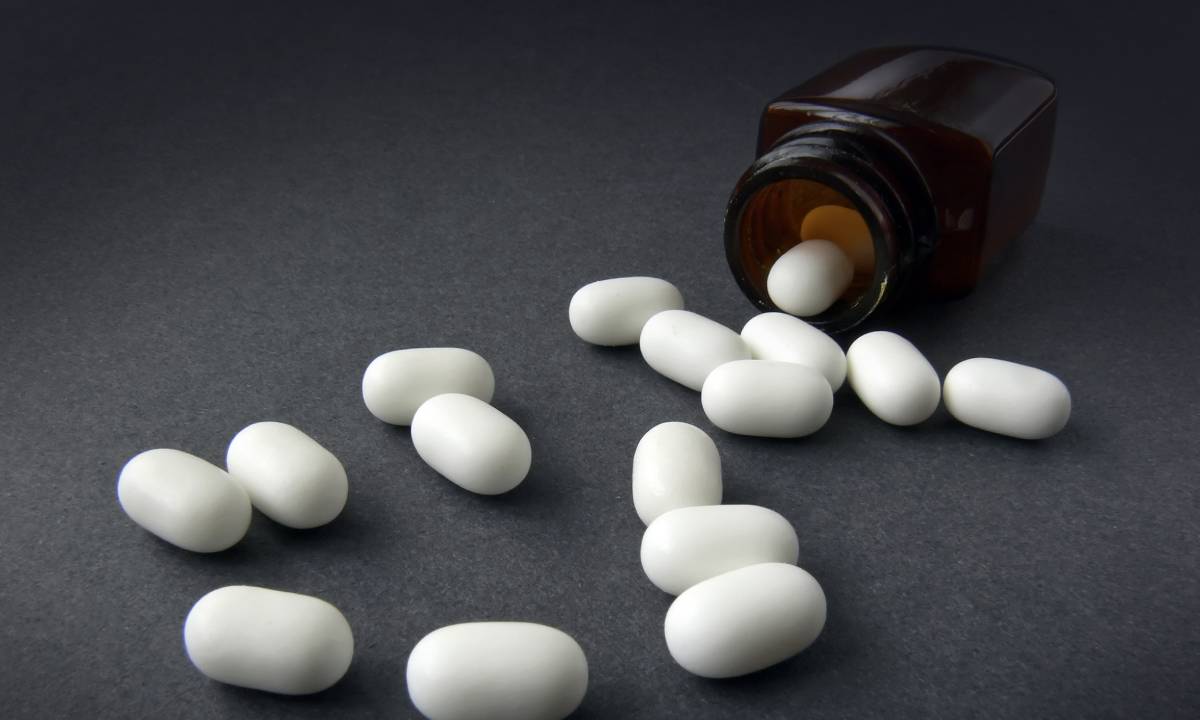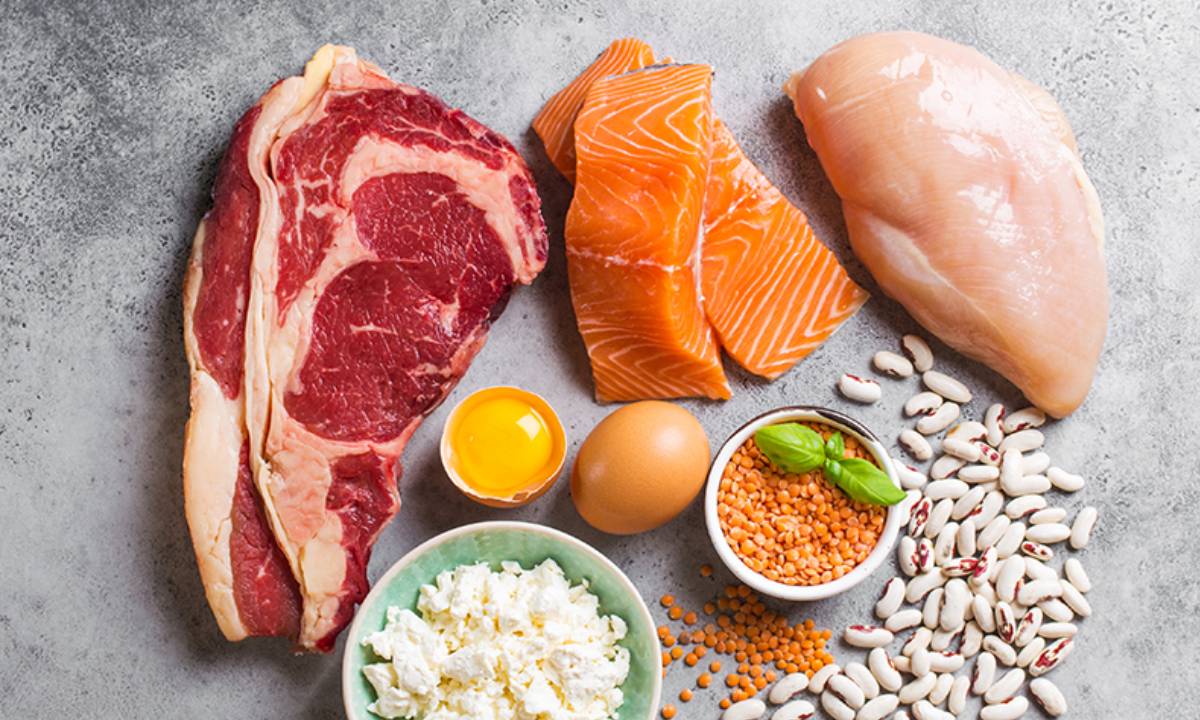
Hemochromatosis and Diet Pills: Should You be Taking Diet Pills When you Have Hemochromatosis?
Hemochromatosis is an iron absorption disorder where your body takes up more iron than it needs. It stores the excess in various body organs causing them to malfunction. A diet plan is the primary way of managing hemochromatosis. In most cases, the condition manifests itself in old age. The condition cannot be fully cured, but it can be managed.
Confusion sets in if you have been using diet pills and supplements before being diagnosed with hemochromatosis. After the diagnosis, focus shifts to minimizing your iron intake as much as possible.
So, can you keep taking diet pills and supplements after you’ve been diagnosed with hemochromatosis?
It depends on what pills or supplements you are taking. It depends on what is in those pills and supplements.
Here is an overview of what hemochromatosis does to your body.
When you have hemochromatosis, iron accumulates in your heart, liver, pancreas, and other critical organs. Most notably your blood is full of iron. This interferes with the composition of your blood. In particular, your plasma level goes down.
When there is a problem with your blood, you are most likely going to develop a myriad of health complications. As such, regardless of what your diet pills have been helping you with, they are not good if they are contributing to the levels iron in your body.
Does that mean that you cannot take any diet pills or supplements?
Probably not! Not all diet pills and supplements contain iron.
However, a lot of health supplements contain a myriad of mineral nutrients and vitamins. Iron, Calcium, and Vitamin C are some of the most common nutrients in supplements. Under normal circumstances, these nutrients are great for the body.
Having a clear perspective of what is happening in your body will help you understand why you cannot take certain supplements. You have to always see the bigger picture before deciding to put anything in your body.
Here are three things that you should always have in mind.
As long as you have hemochromatosis, the main goal is to reduce the level of iron in your body. That can sometimes mean going off medication if you are dealing with another condition, let alone diet pills.
The next goal is to prevent further absorption and build-up of iron in the body. You do not want to be reversing the progress made after you receive treatment and therapy. That means the iron levels of anything you eat has to be determined before you put in your mouth. It gets as serious as avoiding all iron utensils. Apparently, your food can absorb iron if your cook and serve it in iron utensils.
So, what kind of diet pills and supplements can you take?
If by any chance the diet pills and supplements you are taking can prevent further uptake of iron, there’s no reason why you should not take them. Some dietary compounds contain iron inhibitors. For instance, eggs contain a phosphor protein that inhibits the absorption of iron. That’s why you can eat eggs even if you have hemochromatosis.
Hemochromatosis causes oxidative stress. That means that it stresses your body organs. If your diet pills or supplement have antioxidants, they might be good for you. You would still need to get a confirmation from your doctor or nutritionist.
What all this means is that hemochromatosis does not mean that you cannot take diet pills and supplements. It means you cannot take just any diet pills. You have to be certain about what the pills you intend to take will add to your body. Only a doctor or nutritionist can conclusively determine that.
Take for instance the issue of obesity. If you have hemochromatosis and you are already overweight, you might need to lose that weight drastically. You are more prone to getting diabetes and heart problems if you are such a situation. That might mean taking weight-loss diet pills and supplements. However, whatever you take must not make your hemochromatosis condition worse.
In a wrap, there is a delicate balance between how you handle hemochromatosis and taking diet pills and supplements. Your doctor is the only person who can tell you what good for you and what is not under such circumstances.



